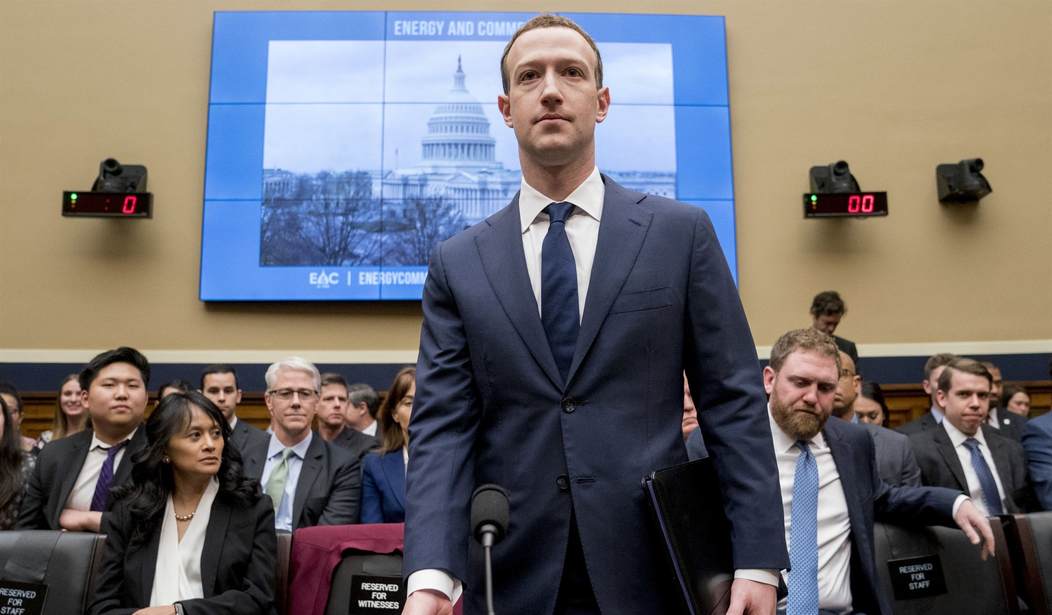Facebook CEO Mark Zuckerberg's testimony on Capitol Hill is merely the latest round in an ongoing power struggle between official Washington and the tech industry.
It's a struggle that stems from a core reality identified years ago by Harvard's Nicco Mele. "The devices and connectivity so essential to modern life put unprecedented power in the hands of every individual." Empowering individuals is great for everyone except for those elite officials who used to wield more power over the rest of us. "Radical connectivity is toxic to traditional power structures."
As Mele describes it, smartphones and other tech innovations have led to "a radical redistribution of power that our traditional institutions don't and perhaps can't understand." That failure to understand is clearly on display in the Zuckerberg matter.
Millions of Americans are understandably upset about Facebook's failure to protect private information. Those who place their faith in traditional governmental institutions believe this should lead to regulation protecting individual privacy rights. But the notion of the federal government protecting our privacy is laughable to millions.
Rather than believing that the feds will protect our privacy, most Americans (53 percent) believe the federal government is engaged in widespread spying on American citizens. Another 29 percent believe the spying goes on but is not all that widespread. A Monmouth University poll found only 14 percent believe the government does not engage in such behavior.
Recommended
This is not just an abstract fear. A majority of Americans are specifically concerned that the federal government has invaded their own privacy. Despite the mistakes made by Facebook, the company's behavior is widely perceived to be the lesser of two evils.
Another misunderstanding is the belief held by some that the tech industry should be regulated to eliminate the scourge of "Fake News." As viewed by official Washington, real news comes from traditional media sources like newspapers and major TV outlets. In this worldview, "Fake News" refers to information that is circulated on social media without official blessing from traditional news outlets.
The problem with this view, however, is that 77 percent of Americans believe such traditional news outlets report "Fake News." And they don't think it happens by accident. Most believe that such false reports are released intentionally to push an agenda. Just 13 percent of Americans believe that the media does a very good job covering both sides of political issues fairly.
While those who place their trust in traditional journalists see social media as the purveyor of "Fake News," a much larger number view social media as an antidote to the "Fake News" peddled by traditional journalists. It gives people a way to learn about issues ignored by the elite media and hear a wider variety of perspectives on things that matter. It may not be perfect, but relying upon social media is seen by many as a lesser evil than relying solely upon traditional journalists.
There are certainly legitimate concerns about tech companies and some of their products. It's also reasonable to ask whether tech companies are too big and should be broken up. But, we should never lose sight of the fact that digital technologies have empowered individuals at the expense of traditional power structures.
For those in power, that's a cause for concern. For the rest of us, it's a reason to celebrate.
























Join the conversation as a VIP Member